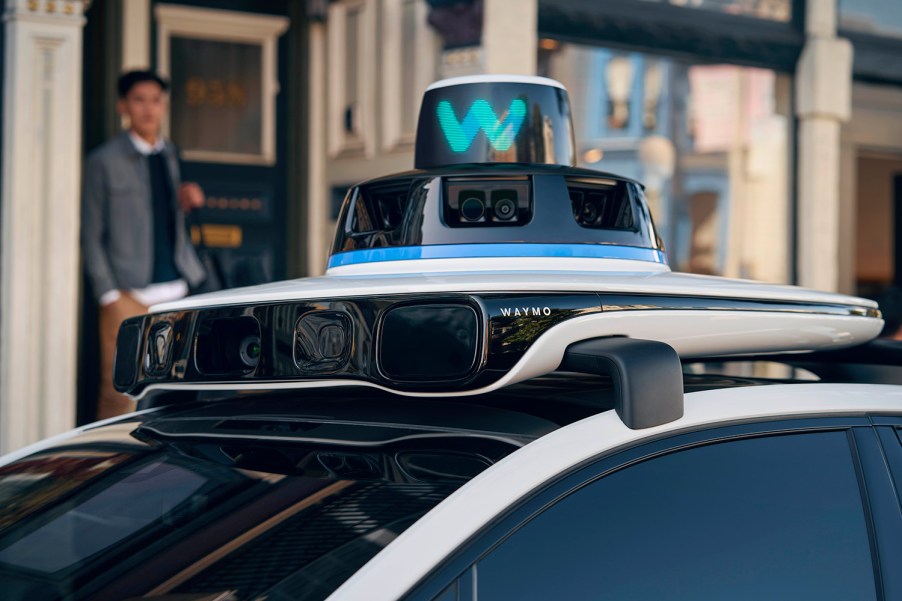
Are Self-Driving Cars Safe? Most Americans Don’t Think So
As self-driving vehicles continue to grow and develop, people will likely become more comfortable with them. However, given that they are in their early stages, there are plenty of safety concerns. Furthermore, there have been a handful of accidents that understandably put doubt into the minds of citizens. However, the number of people in the U.S. who doubt their safety may be higher than you’d think!
Is an intricate computer driving better than a human?

On the whole, it seems to make sense that a computer would statistically have a safer driving record than humans. Ruling out human error, in many cases, may result in improved safety. However, AAA reports that 71 percent of Americans surveyed are afraid of riding in a self-driving car. However, the company believes that the majority of this fear comes from a lack of experiencing it firsthand.
“Having the opportunity to interact with partially or fully automated technology will help remove some of the mystery for consumers and open the door for greater acceptance,” said Greg Brannon, AAA’s director of Automotive Engineering and Industry Relations.
With companies like Waymo and Cruise rolling out driverless taxi services, more people now have an opportunity to experience it. Cities in California and Arizona even permit ride-sharing vehicles with no driver at all. While the concept does seem a bit intimidating, they have been operating relatively incident-free.
AAA also found that over half of the people surveyed are fine with driverless low-speed, short-distance transportation like airport shuttles. Additionally, 44 percent of them are comfortable with driverless vehicles for food or package delivery.
Misunderstanding plays a big role in skepticism

When it comes to the term “driverless car,” the name very well represents the topic. However, terms like “self-driving” and “autopilot” give the impression that vehicles equipt with these systems drive themselves entirely. On the contrary, these systems, found in vehicles from Tesla, Volvo, and other manufacturers, require driver input for the system to stay on. After multiple warnings to the driver for not being in control of the situation, Tesla will disable the autopilot system for the remainder of your drive. AAA’s survey did find, though, that owners of vehicles with these features are 68 percent more likely to trust them. This pretty well backs the theory that firsthand experience is capable of re-shaping one’s opinion.
As AAA reports, the U.S. sees over 35,000 annual fatalities on its roadways. Most of the fatal accidents are caused by human error. There have certainly been incidents involving self-driving cars. For example, an autonomous Uber car struck and killed a pedestrian who was crossing the street in the dark outside of a crosswalk in Arizona despite having a human safety monitor behind the wheel. However, for the time being, the proportional death toll is far less severe in the case of self-driving cars. This technology, when properly developed, could potentially save thousands of lives annually.
So, while the technology may not be ready for a complete rollout just yet, it’s definitely something folks should be a lot more optimistic about. If you have a chance to drive a vehicle with an advanced driver-assist system, give it a shot! It’s a little freaky at first, but you’ll likely find it quite remarkable!



